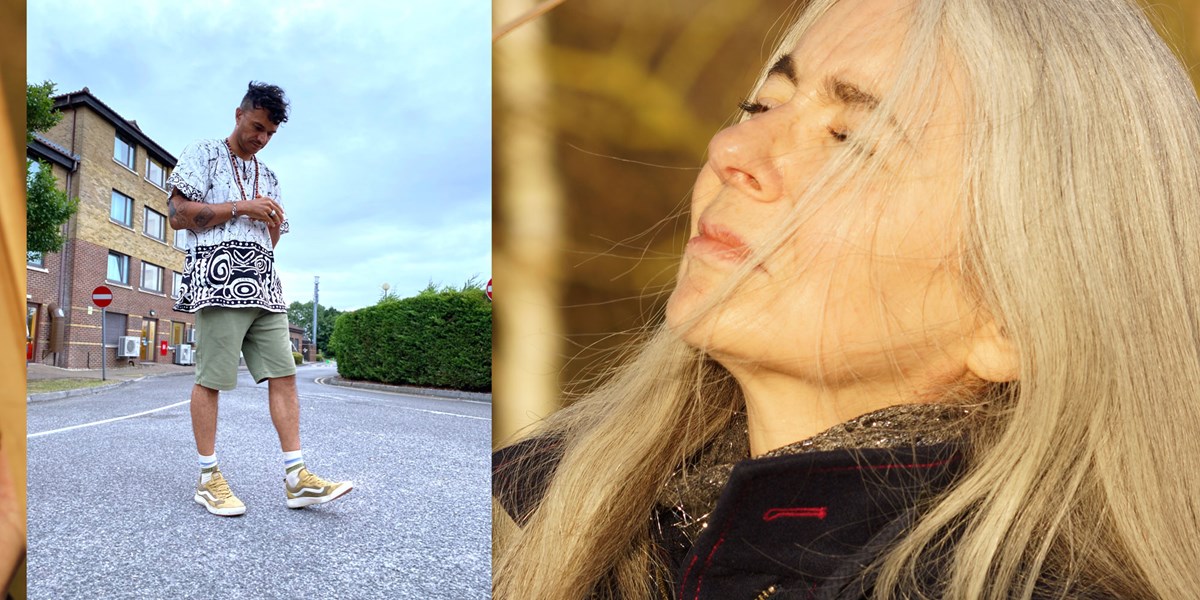Thursday, August 29, 2024
Raymond Antrobus & Evelyn Glennie: a meeting of minds
A one-off recording pairs the poet and award-winning percussionist. That they’re both deaf was incidental. Jane Cornwell uncovers the duo’s “instant connection”

Raymond Antrobus & Evelyn Glennie

Register now to continue reading

Thanks for visiting the Songlines website, your guide to an extraordinary world of music and culture. Sign up for a free account now to enjoy:
- Free access to 2 subscriber-only articles and album reviews every month
- Unlimited access to our news and awards pages
- Our regular email newsletters

